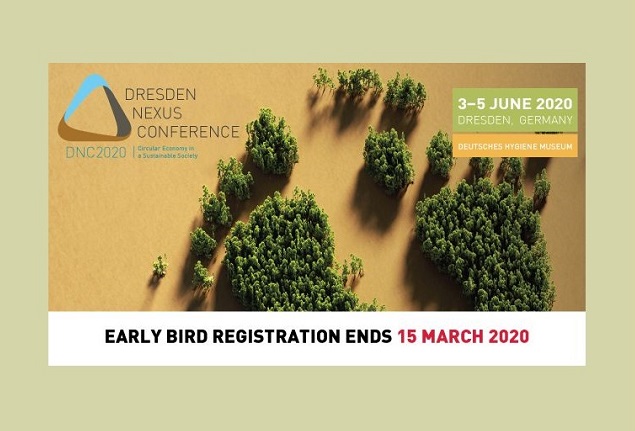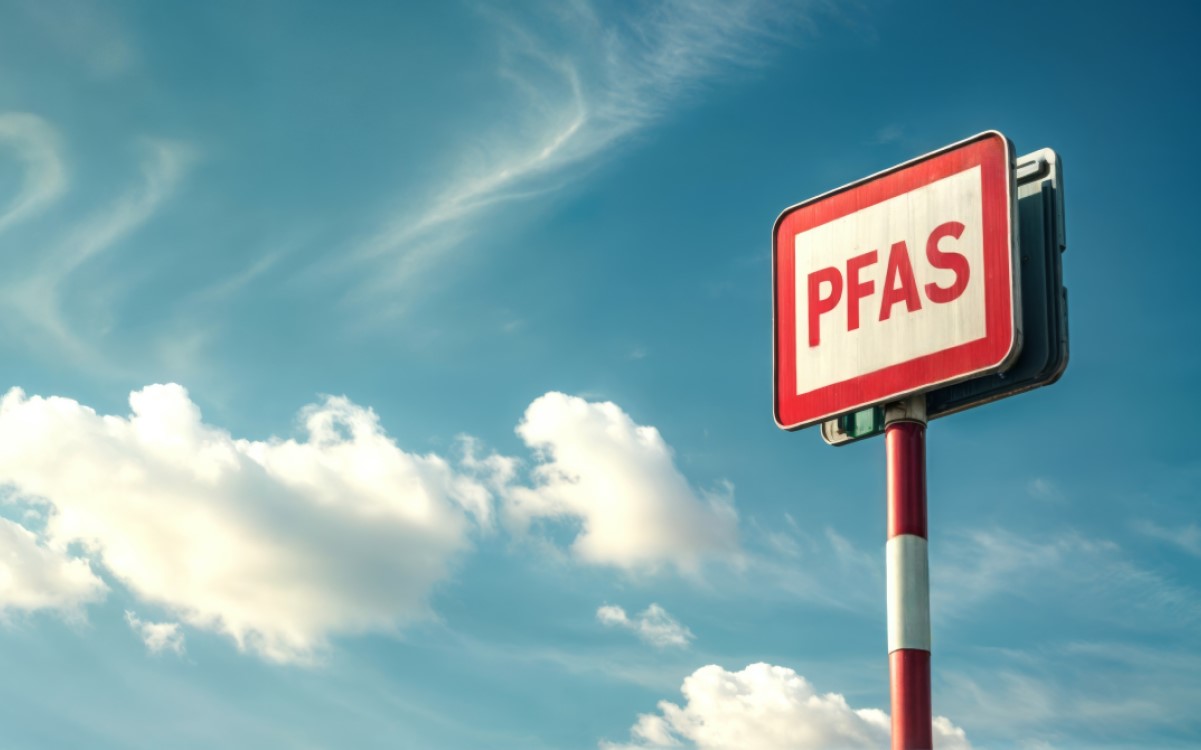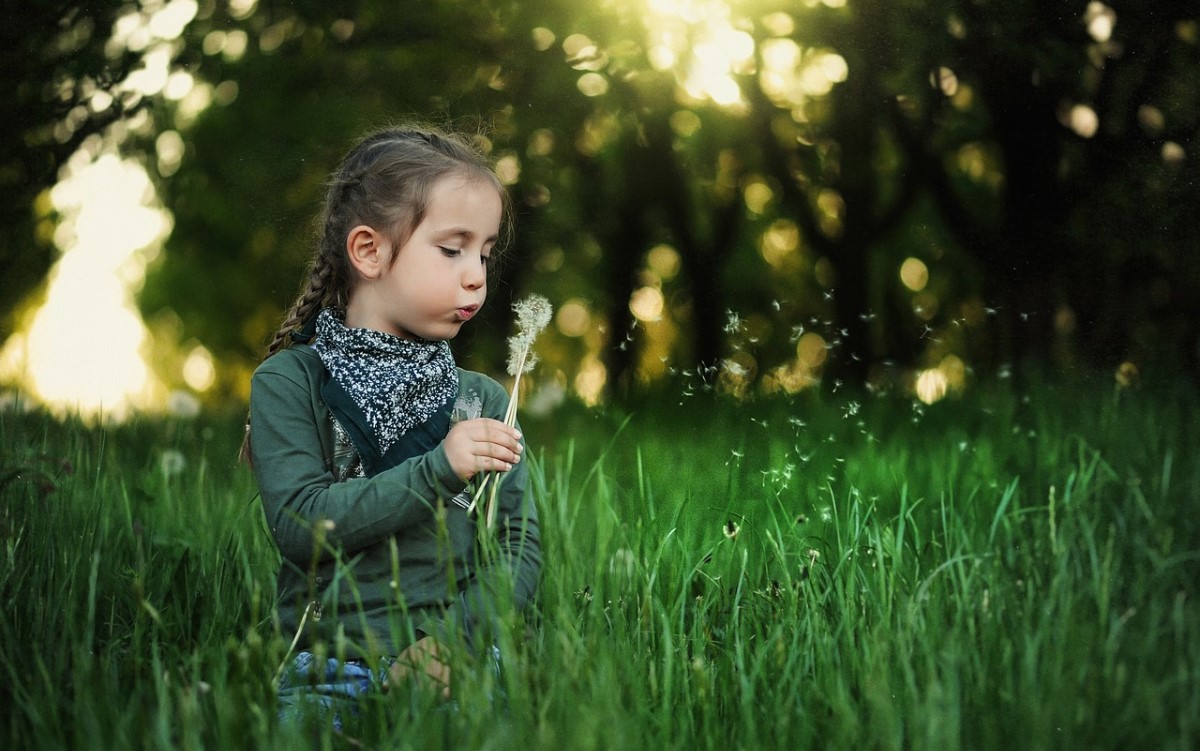There are already various examples worldwide of how circular economy concepts can contribute to more sustainable processes and lifestyles and thus to the careful use of natural resources. Over 20 million hectares of agricultural land in water‐stressed areas around the world are irrigated with wastewater. The valuable resource phosphorus is recycled from wastewater and sewage sludge so that it can be used again as an important component of fertilizers. A not less significant example is applying solid waste‐derived compost or other bio‐based materials to soils for improving both the amounts and quality of soil organic matter. Despite many positive aspects, there are still many unanswered questions and reservations with regard to recycling processes.
Circular Economy in a Sustainable Society
Under the umbrella "Circular Economy in a Sustainable Society", the third Dresden Nexus Conference (DNC2020) in June will be devoted to these issues. DNC2020 aims to accelerate the transition to a more sustainable economy by focusing on identifying and discussing the concepts that nexus thinking offers to support the transition towards a circular economy. The Nexus Approach, as well as the concept of a circular economy, have the potential to contribute to the achievement of the 17 Sustainable Development Goals (SDGs) of the United Nations. The conference aims to show ways in which the Nexus Approach can help to support the transition towards a circular economy.
The conference brings together actors from academia, civil society, industry, and government from all over the world. Like the previous events in the series, DNC2020 aims to bridge the gap between research and practice. By bringing together actors from a diverse range of disciplines and sectors, DNC2020 fosters dialogue on how nexus thinking contributes to achieving sustainable development for all. In addition to a variety of both traditional and new session styles which serve the purpose of dialogue and joint learning, various excursions are also offered on the third day.
Registration via the DNC2020 website is now open.







